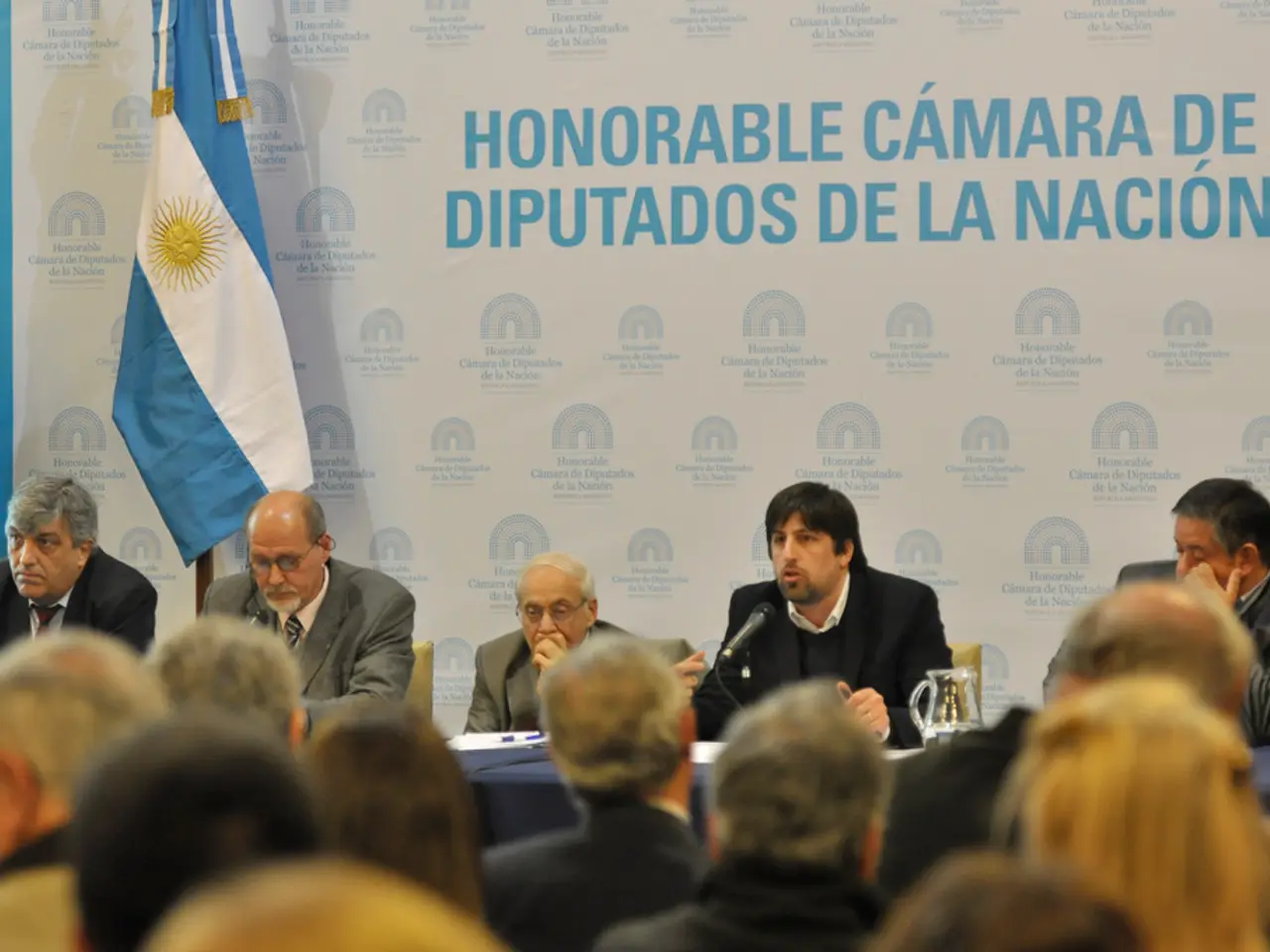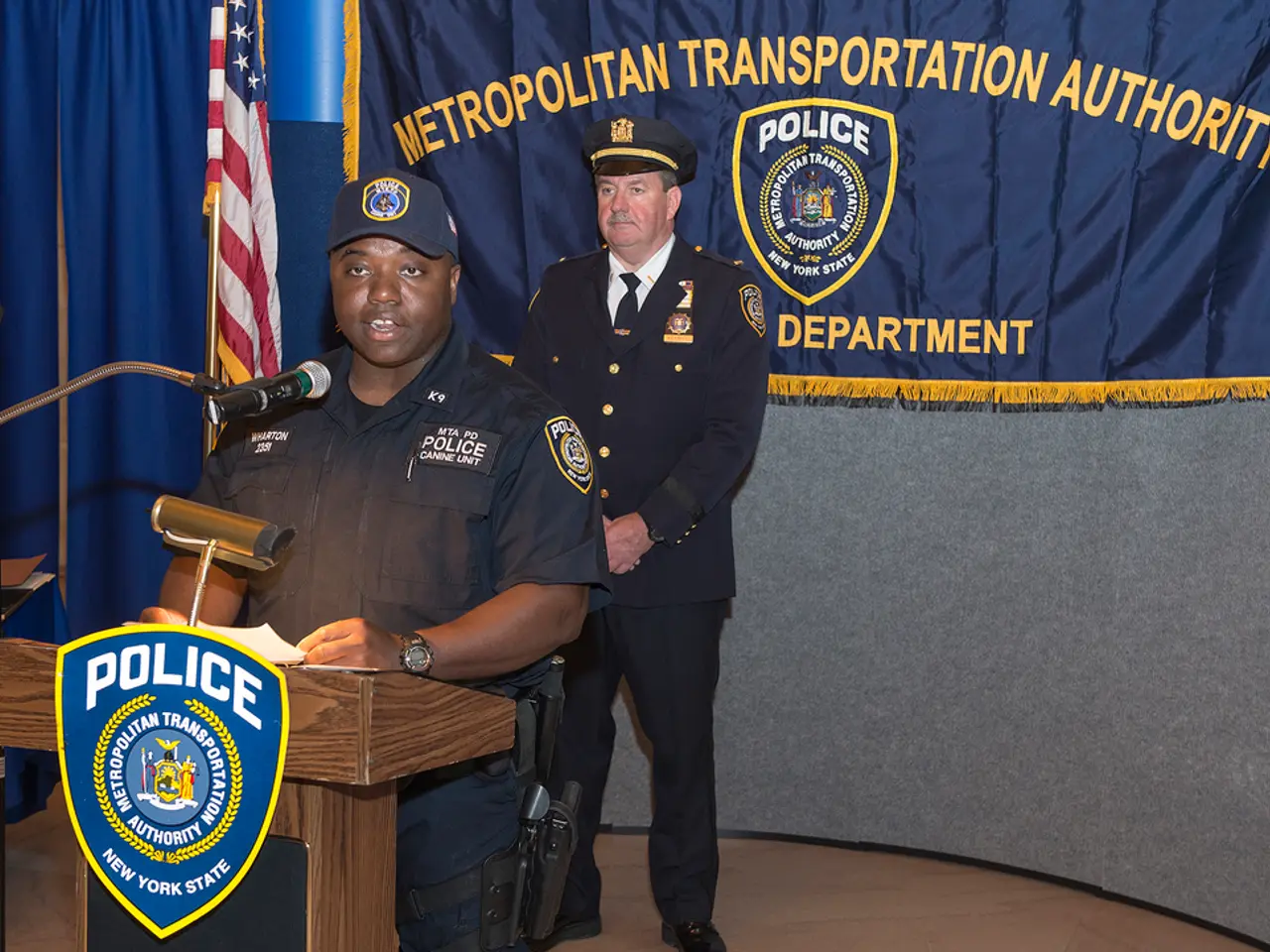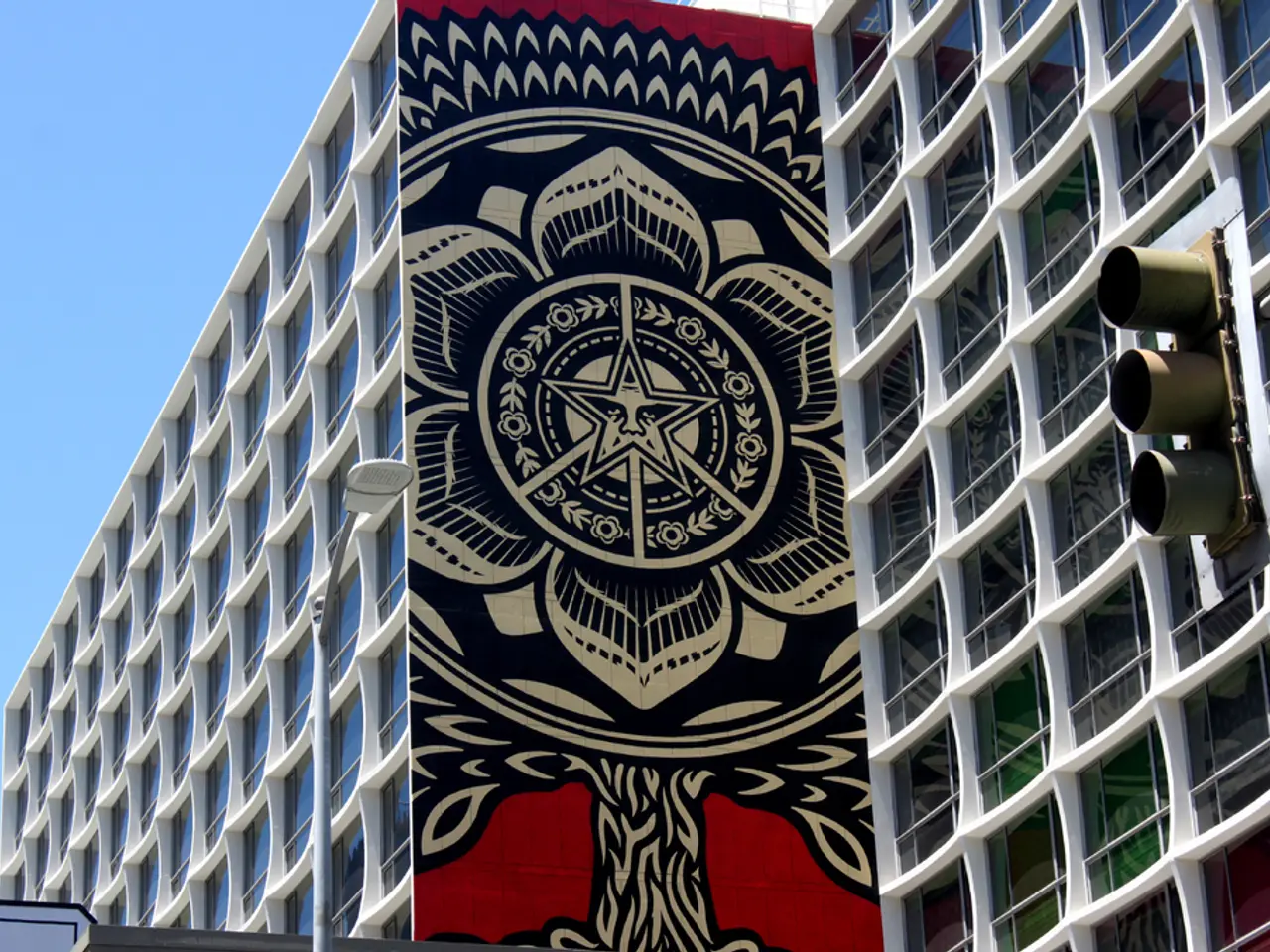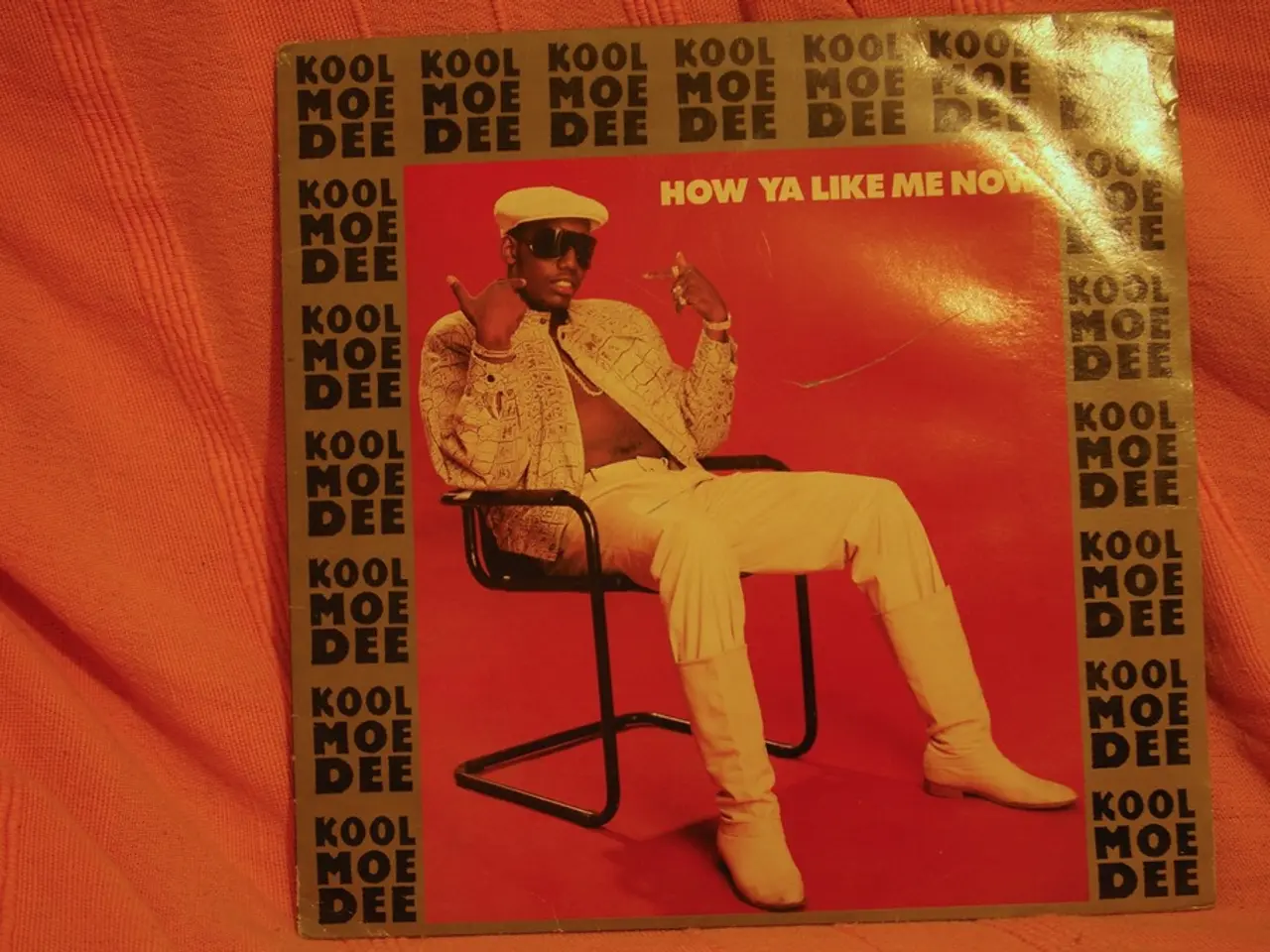Israel plans to seize full authority over Gaza, according to Netanyahu's statements during a security cabinet meeting.
The Israeli security cabinet has approved plans to occupy Gaza City, marking a significant escalation in the ongoing conflict[1][4]. However, the broader proposal to fully reoccupy the entire Gaza Strip remains contentious and faces internal opposition[2][3].
Prime Minister Benjamin Netanyahu and his government argue that the occupation is necessary to defeat Hamas and rescue remaining hostages. Currently, about 50 Israeli hostages remain in Gaza, with around 20 believed to be alive under harsh conditions[2][3]. The plan includes efforts to provide humanitarian aid outside combat zones[1].
The proposed occupation has sparked mass protests across Israel, with citizens voicing concerns over the potential escalation of violence, civilian suffering, and prolonged conflict[2]. Protests have taken place in Tel Aviv, as well as in various Israeli towns and cities[3].
One of the key concerns is the impact on the Palestinians. The occupation likely escalates violence and civilian suffering, with an expected increase in Palestinian and IDF casualties[2][3]. It risks trapping Israel in a protracted urban insurgency with little prospect of quickly dismantling Hamas[3]. Internationally, the plan has exacerbated Israel’s diplomatic isolation, as the global community responds critically to the worsening humanitarian crisis in Gaza[2].
The occupation could further complicate hostage negotiations, potentially prolonging captivity and suffering[3]. The United Nations Security Council has convened an emergency session to discuss these plans amid widespread condemnation[5].
The plan also intersects with complex regional dynamics; it risks drawing Iran and its proxies further into conflict and faces skepticism over long-term strategic effectiveness[2].
Despite opposition, Netanyahu has pushed for a complete takeover of Gaza, with Finance Minister Bezalel Smotrich supporting military operations as a means to build Jewish settlements in the territory[3]. However, polls show that the majority of Israelis favor an end to the war in exchange for the release of the remaining hostages[3].
The proposed plan for the reoccupation could force approximately a million Palestinians into evacuation areas in southern Gaza[3]. Families of hostages have organized protests pleading with the government to abandon the plan, with some describing it as an "SOS call"[3].
Israeli opposition leader Yair Lapid has criticized Netanyahu's plan, stating it would lead to more war, dead hostages, and financial waste[3]. Family members of hostages have worn chunky chains during protests in Jerusalem, with one protester stating that the government refused to respond to their pleas[3].
As the plan moves forward, it remains to be seen how the Israeli military and political leadership will navigate these complex challenges. The future of the conflict and the fate of the hostages hang in the balance.
The proposed occupation of Gaza City, a significant decision in the Israeli-Palestinian conflict, has sparked widespread concerns not only within Israel but also on the global stage. The plan, if implemented, could exacerbate the world's general news, particularly concerning the Middle East politics, with potential increased violence, civilian suffering, and a worsening humanitarian crisis in Gaza. These concerns are not limited to Israel, as the international community, including the United Nations Security Council, has shown critical responses.








